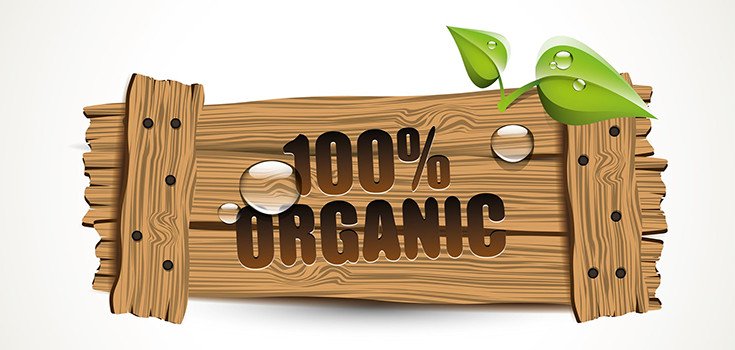California to Allow Consumers to Sue Over Deceptive Food Labels

The California Supreme Court ruled recently that under California law, consumers have a right to file lawsuits alleging food products are falsely labeled “organic.”
The ruling overturned a lower court decision that banned such lawsuits on the basis that they were outdated and not permitted by federal law.
The word “organic” was defined by a 1990 federal law that set uniform national standards for classifying and labeling a product as such. Under that law, “organic” meant that a certain product was grown without pesticides and other chemicals. The law displaced standards established by nearly half the states, including California, and is enforced by the U.S. Department of Agriculture (USDA, which oversees agencies that certify a company’s products as organic.
In 2013, the 2nd District Court of Appeals ruled that lawsuits over food labeling were not valid, citing the federal government’s role in creating and approving what is considered organic. The U.S. Department of Agriculture (USDA) defines “organic” produce as fruits and vegetables produced without genetic engineering, most conventional pesticides, synthetic fertilizers, ionizing irradiation or human sewage sludge as fertilizer. Organic meat or animal products come from animals not given antibiotics or growth hormones.
The basis of the decision was a class-action lawsuit filed by California consumer Michelle Quesada against Herb Thyme Farms Inc. that alleged the company falsely labeled its food, mixing organic and non-organic herbs together under the organic label. Herb Thyme advertises its products as 100% organic, and had received the USDA’s authorization to use the organic label.
Prior to the California Supreme Court’s ruling, the law stated that private citizens could only file complaints with the USDA but had no right to sue a company for violating the federal law. A Superior Court judge and the appellate court ruled that such lawsuits would interfere with uniform nationwide standards.
The California Supreme Court unanimously disagreed, saying that private suits under state laws actually promote the goals of national organic regulation.
“Intentionally marketing products as organic that have been grown conventionally undermines the assurances the USDA Organic label is intended to provide,” Justice Kathryn Mickle Werdegar said in the 7-0 decision. She said private lawsuits further the federal law’s purposes of “reassuring consumers and enabling fair competition.” Barring such claims would render organic labeling uniquely immune from suits for deception” under a law that was meant to provide complete transparency.
Raymond Boucher, one of the attorneys for Quesada, said ruling provides a solution for “overpaying for products that aren’t what they were represented to be.” (Organic foods are generally priced higher than non-organic foods, and sometimes unjustly.) He added that both the USDA and state food regulators lacked the staff and resources necessary for preventing companies from mislabeling their products.
“When Ms. Quesada goes in to buy a product that’s stamped as organic, she wants to know this truly is organic, and she can feel good about it,” Boucher says.
Marsha Cohen, a professor at UC Hastings College of the Law in San Francisco, says the ruling will have a nation-wide impact.
“Nothing in here is irrelevant to a parallel case in another state,” she said. “The court is simply saying federal law does not supersede our consumer protection functions,” Cohen said.
Sources:
[1] SFGate
[2] NBC Bay Area
[3] RT
